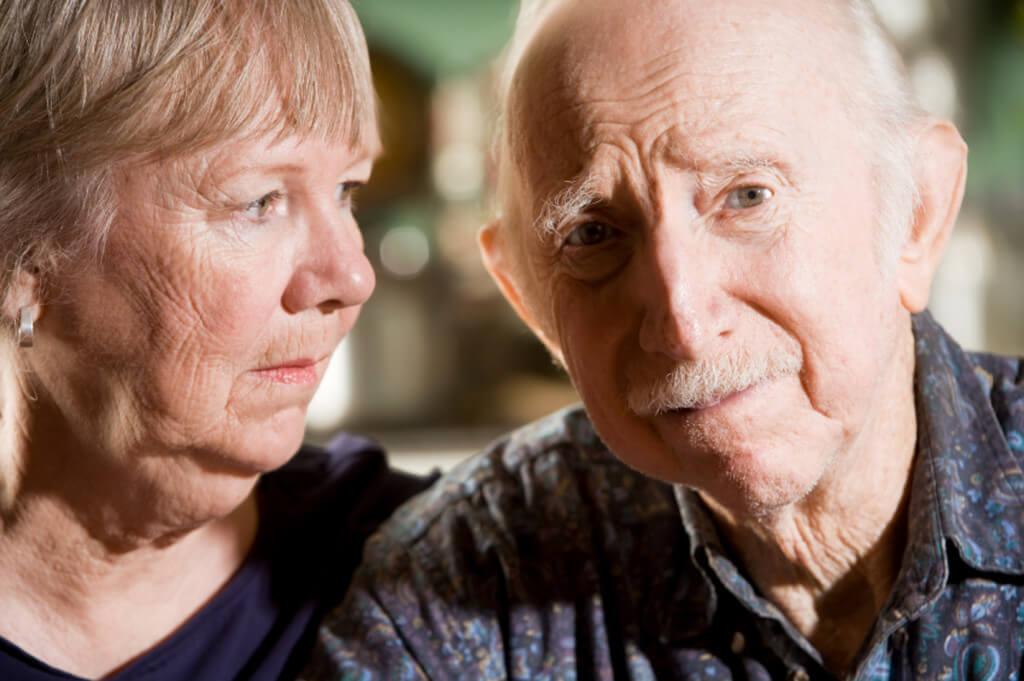Medical malpractice
Penn Doctors Study Why Elderly Patients Become Confused After Surgery

Confusion after surgery can be common, especially during the first few hours after a procedure when patients are coming out of anesthesia. For most patients, this post-surgical disorientation clears up soon after an operation. Unfortunately, it can last much longer than a few hours. There is a growing awareness among surgeons that anesthesia may be responsible for post-operative delirium, confusion, and even psychotic behavior, especially in the elderly.
Older patients, 65 years old or older, are at highest risk for developing post-operative delirium. People with previous brain disease or brain damage are also at risk. Delirium is distinct from dementia because it develops suddenly, over hours to days rather than months to years. And unlike dementia, delirium is usually temporary.
Delirium is a common disease among elderly patients. Those recovering from surgical procedures in a hospital or those in nursing homes are particularly at risk. Symptoms aren’t always obvious, so it is important for families and caregivers to know about – and talk about – identifying and addressing it.
Delirium can be a common consequence of deep anesthesia and the elderly are particularly susceptible. In fact, some patients who exhibit post-operative delirium continue to have cognitive deficits for as long as six months to even a year after their operation.
What should you do if someone suffers post-operative delirium?
You should seek medical help for anyone who becomes disorientated after a surgical procedure. The following may be useful if someone is coping with disorientation, including delirium:
- Keep track of the older person’s medical history, including a list of all medications, their daily lifestyle habits, full medical history, and symptoms so you can help a doctor reach a diagnosis.
- Keep surroundings familiar.A change in location can cause disorientation. Objects can help your loved remember who they are and help orient them.
- Keep them close.The presence of familiar loved ones can often provide reassurance and comfort if someone is disoriented.
You should encourage someone who’s disoriented to seek medical help. Call 911 if they’re in danger of hurting themselves or others. In some cases, patients treated with acetaminophen demonstrated a significant reduction of in-hospital delirium.
Medical Malpractice Lawyers
The Philadelphia medical malpractice lawyers of Lopez McHugh successfully handle hospital negligence cases around the city, including claims involving post-operative delirium. Contact us about your potential claims today.








